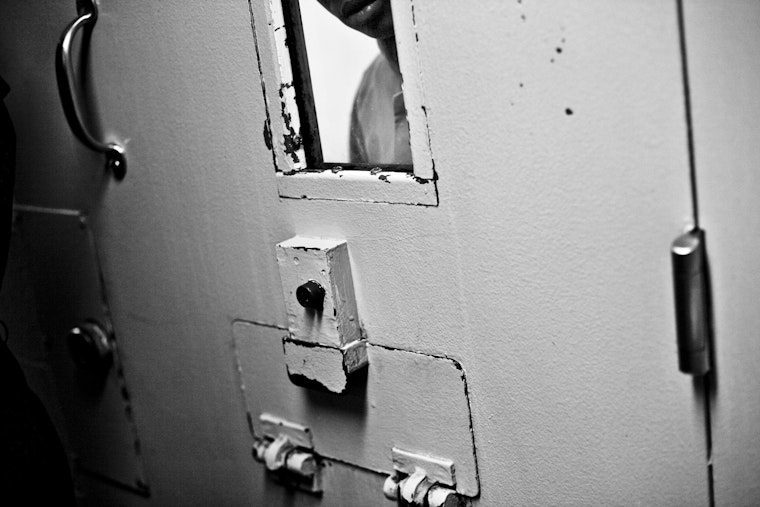A Week of Stunning Victories for Youth Justice
By Marsha Levick

It’s been a remarkable decade for juvenile justice reform in the United States. But the week of January 25, 2016, stands out.
On Monday, the Supreme Court issued its decision in Montgomery v. Louisiana, requiring that its 2012 ruling banning mandatory life without parole in Miller v. Alabama be applied retroactively. That same day, President Obama published an opinion piece in the Washington Post decrying the use of solitary confinement and announcing that he had signed an executive order banning the practice for juveniles in the federal prison system.
With dizzying speed in the realm of constitutional reform, the Supreme Court has carved out a special place for juveniles in U.S. jurisprudence—most notably in the Eighth Amendment’s ban on cruel and unusual punishment. From banning the death penalty for children in 2005 to prohibiting life without parole for juveniles convicted of nonhomicide offenses in 2010, and now establishing that no child may serve the unconstitutional sentence of mandatory life without parole, even in homicide cases, the court has moved the goal posts on acceptable sentencing practices for children in the justice system.
In Miller v. Alabama, Justice Elena Kagan declared that “children are not simply miniature adults.” Her statement echoed Justice Kennedy’s observation in Graham v. Florida that criminal laws that failed to account for the unique attributes of youth would likely fail under current constitutional analysis.
Simply put, kids are different, and these differences are particularly relevant in determining how we punish children. Following Miller, lower courts split on the reach of the ruling, with a majority applying it retroactively but several courts declining to do so. The Supreme Court has settled that debate with its ruling in Montgomery.
Now, as many as 2,000 individuals sentenced to mandatory life without parole for homicides they committed when they were under the age of 18 are entitled to a resentencing hearing or parole eligibility. This group of prisoners includes individuals who were sentenced as far back as the 1950s in some states. But Montgomery’s reach could be even greater, as Justice Kennedy forcefully underscored the restrictions the court placed on life-without-parole sentences for juveniles in Miller, limiting them to the rare and uncommon instances where the youth is “permanently incorrigible” or “irredeemably corrupt.”
As most experts would attest, this is an exceptionally high bar. Adolescence is defined by its transient nature—a dynamic rather than fixed period of human development that is simply a part of an individual’s long journey to adulthood and maturation. In the worlds of science and criminology, the child is not father to the man; most children will cease to offend as early as their 20s and will see their own characters evolve and change as they pass from childhood to adulthood. Permitting life without parole for this tiny sliver of the juvenile population should pose challenges to prosecutors, who should be required to prove that a particular juvenile fits that characterization before a sentence can be imposed.
President Obama’s ban on solitary confinement for juveniles, though long overdue, falls squarely inside this new constitutional framework. Pointedly, the president let stand solitary confinement for adult inmates, albeit with drastically reduced time limits according to the guidance provided with the executive order.
The practice should be banned entirely for adults as well—it is government-sanctioned inhumane treatment no matter whom it is imposed upon—but the willingness to proscribe the practice for children only, for now, reflects how entrenched this “kids are different” doctrine has become in justice policy. While limited to the federal prison system, presidential leadership in imagining a more humane justice system is unprecedented, and hugely welcome.
The Juvenile Law Center is a grantee of the Open Society Foundations.
Marsha Levick is deputy director and chief counsel at the Juvenile Law Center.